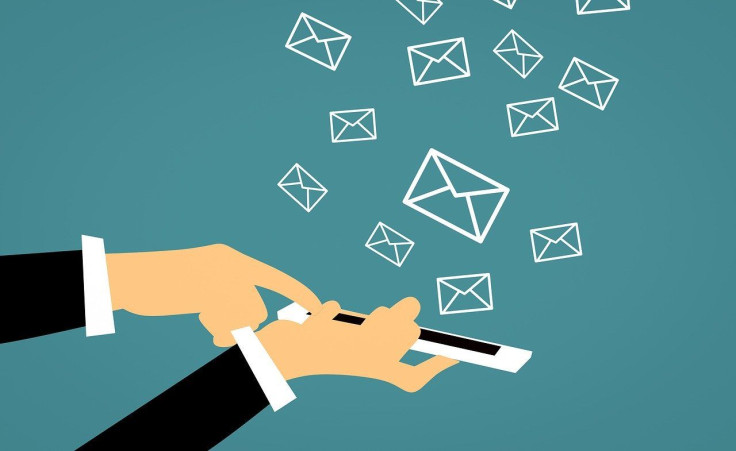Help Reduce Carbon Footprint By Refraining From Sending Unnecessary Emails

Researchers found that sending “useless emails” massively contributes to carbon footprint, and the majority of people don’t even know it. So, how can we reduce the impact?
'Useless' Emails
A study released by U.K.’s energy provider, OVO, revealed that sending emails might not be as harmless to the environment as people might think. Evidently, unnecessary emails - "thank you” emails and other one or two-word pleasantries - contribute up to 23,475 tons of carbon to the U.K.'s footprint each year.
What's more, most people apparently do not even know the impacts of seemingly harmless emails, as 72 percent of British people said they were unaware of its carbon impacts while 49 percent admitted to sending unnecessary emails to a colleague or friend who was simply in talking distance every day.
“Thank you” emails topped the list of unnecessary emails, followed by “Thanks,” “Have a good weekend,” “Received,” and “Appreciated.” “Cheers” also made it to the top 10, along with “You too” and “LOL.”
‘Think Before You Thank’
This does not mean that people should completely stop using their emails, especially since emails are an integral part of communication in the modern world. OVO is simply calling on people to “think before you thank,” as a means to helping reduce carbon footprint in a very simple way.
Fortunately, the study also revealed that people are actually very willing to change their ways, with 71 percent of British people saying they would not mind not receiving a “thank you” email back if it means helping to fight climate change, and 87 percent saying they would be glad to reduce their overall email traffic for the benefit of the environment.
Evidently, if people in the U.K. would simply stop sending one less unnecessary email a day, it would reduce the nation’s carbon footprint by about 16,433 tons. That is equivalent to over 81,000 flights to Madrid, Spain, and taking 3,334 diesel cars from the roads.
“We want to show people how every action has a carbon impact, even a simple email,” OVO Head of Data and Analytics said. “We need to change our behavior at every level, and help people make a start with the easy first steps.”
© Copyright IBTimes 2024. All rights reserved.






















